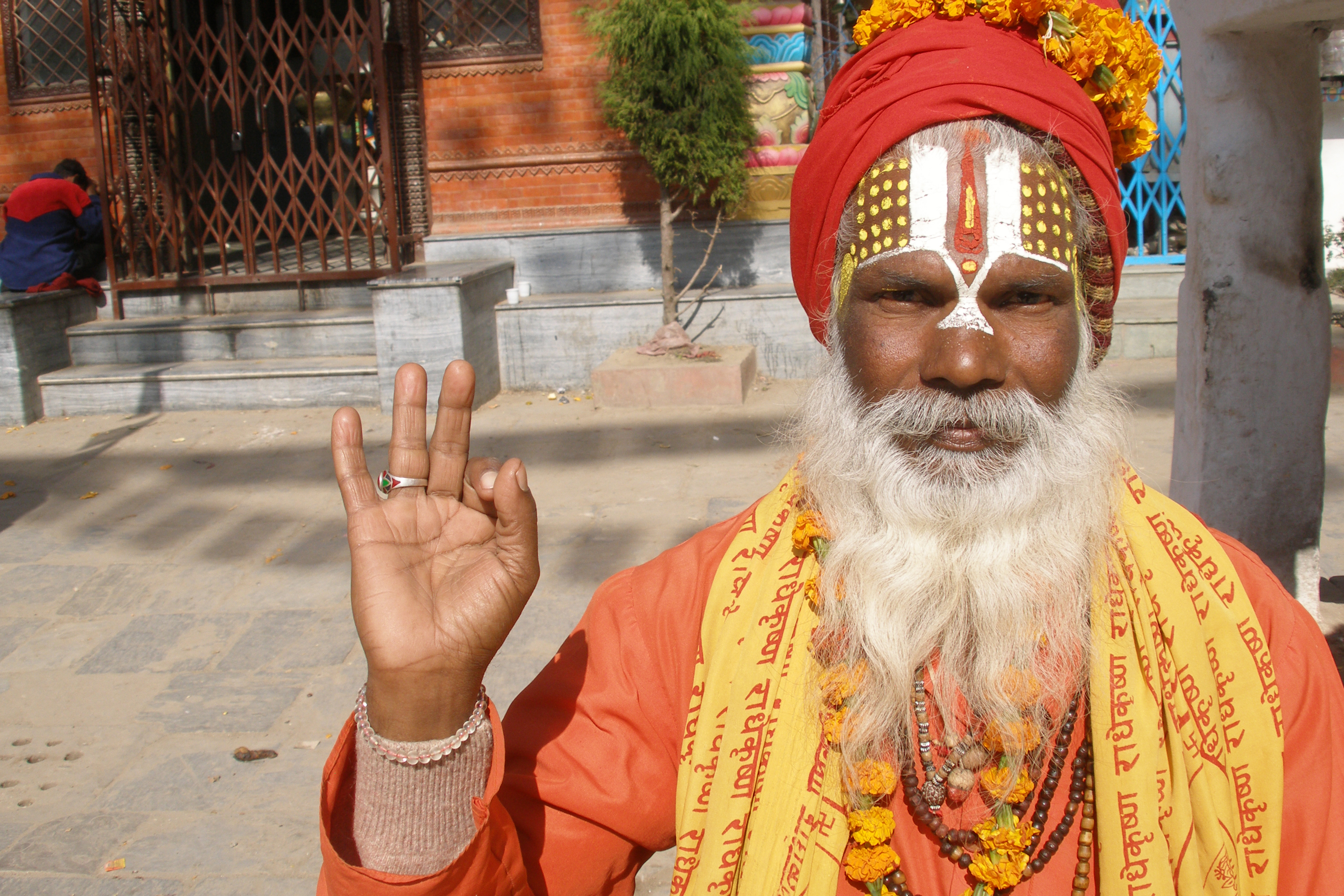a brief 'hello world'
let's get this party started
A few weeks ago, I was very grateful to find myself backpacking on the Superior Hiking Trail and had the chance to relax with my group at a campground off the Beaver River, in an area north of Two Harbors, MN. I spent some time submerged in the water and attuning myself to the tranquil sounds of birdsong, the rustling of leaves in the wind, and the water lapping against nearby stones. In the overwhelming synchronicity of the moment, a few thoughts crossed my mind that I hope you’ll permit me to share here.

I. Objects
I am incredibly grateful for the opportunities my life has provided to participate in the activities, rituals, and institutions of modern western society but, as the scope of one’s participation in these increases, so too do the transaction costs, which waste our time, frustrate us, and deprive us of perspective. We all experience these transaction costs, or at least are aware of their existence - commuting time, monthly fees, paperwork, and a thousand login credentials to websites we haven’t visited in years. On the one hand, these frustrations can be written off as the price we pay to enjoy society’s abstractions; on the other, they make life less fulfilling and breed resentment against the very things that have improved our material quality of life so much over the last century.
What strikes me most about modernity is our remarkable preoccupation with objects. There’s a platitude we could interject here about how we have far too many “things” that sap our attention and disrupt our ability to be pleased with what we have. That’s not to say that past societies were unconcerned with material culture - they were. But my use of “object” is not perfectly synonymous with materialism, as it is strictly and directly applicable to tangible objects. Instead, my use of this term privileges a perceived shift in mindset that has occurred: from experiences, observations, and tradition toward what Michael Oakeshott might have derided as an arrogant focus on objectivity and rationalism.
Perhaps the thing about objects, both material and otherwise, is that they can be broken, discarded, and replaced. Indeed, it has always fascinated me that a nontrivial body of evidence of ancient material culture comes from landfills.
In its ephemerality, an object resembles the baited breath of the human life that, faced with urgency, must hasten to achieve its objective. Every object we grasp - and, all the more so, their accumulation en masse - is a sort of Faustian Bargain, a lease on the opportunity to employ «object as tool» to attain our increasingly lofty goals within a still-very-limited lifespan. In some ways, objects invite further abstraction and social complexity. Take, for example, the vessel - an object that carries other objects, to be sure, but also - especially in Bronze Age cultures - to carry things ritual significance, like human remains.
For some reason, this makes me think of C.G. Jung’s writings on typology - especially what he referred to as the extroverted thinking type. On this, Jung stated that “the extroverted thinking type will, by definition, be a man whose constant endeavor…. is to make all his activities dependent on intellectual conclusions, which in the last resort are always oriented by objective data, whether these be external facts or generally accepted ideas.”
At the same time, the structure of our society seems to have deprived those who do not think in this way of proportionately meaningful symbols through which to engage with themselves and others. Here, the introverted types - especially the intuitive and feeling types - are useful to bring into the conversation because this category describes those to whom subjective images provide much more meaning, and to whom the strictures of every day social life might sometimes seem, at best, superfluous and, at worst, grating.
II. Masks
One hypothesis I have is that our preoccupation with objects means that we will more often tend to “mask” when we participate in social institutions, insofar as engaging with the world outside of ourselves - full of things and people with their own interests, ideologies, and agency - requires us to sacrifice certain aspects of our true self in order to facilitate a functioning society. I am not trying to assert that masks are bad per se, but instead point out some of their drawbacks. To one person, masking might induce a stress response when the mask deprives them of opportunities for genuine self-expression; to another, masks might be a comfortable way to avoid outside scrutiny or introspection, which, though sometimes difficult, is nonetheless good for long term satisfaction in life. Nor am I trying to assert that masks are some kind of new phenomenon, but rather that modernity has given them new forms and thrusts them upon us at every turn: literal mask wearing, like Comic-Con attendees dressing as their favorite heroes and villains; physical masks, like a face-lift or nose job; abstract masks, like a professionally-curated social media presence - all of these have given us new pathways to hide ourselves away from each other, and ultimately, I would argue, from ourselves.
Widespread masking threatens the usefulness of an individual’s social experiences, observations, and perceptions, because we employ our senses to make sense of the world and seek after truth. Masks evince a comparable effect to the shadows in Plato’s Allegory of the Cave. But I think that we also understand the disadvantages of an “over masked” society and have developed approaches for recognizing and moving away from a masked persona when doing so promotes the social good. I think a good example is the image of the third eye, itself a sort of mask that is commonly used in art to represent introspection and self-awareness, helping us understand and realize certain truths about ourselves.

The third eye gazes inward, yes. But it is also an instrument of destruction. In the Hindu tradition, Shiva’s third eye opens to eradicate evil from the universe. Likewise, the third eye as a human symbol might propose to uproot those things about ourselves that are not desirable and force us instead to reckon with the subjective self whether we want to or not. Thus, it is sort of an “anti-mask”, as we train it inward just as we might display it outward; we employ it as a way of realization, rather than as a form of obfuscation. My favorite illustration of the third eye serving this function is Frank Herbert’s Dune, where characters invoke the image to overcome paroxysms of fear.
III. Flow
Introspection in general can be a troubling business because it forces us to confront certain aspects of ourselves about which we are least comfortable and have hidden away from the gaze of others. But to build a life that is fulfilling, we must sometimes endure discomfort. Some people reject, rebel, or run away from themselves (through, for example, drug use or vapid consumerism) or from society (like a hermit who goes to live in the woods). But there may be a third option in the cultivation of flow, by which I mean the feeling of wellness and satisfaction that we experience through total, active involvement of the self with the world around it.
Take, for example, my decision to start this blog. In many ways, doing so is antithetical to my midwest-nice outlook toward life, which entails, amongst other things, an appreciation of humility in myself and others. Something about writing about myself or, even worse, presuming others might want to read what I write strikes me as particularly self-indulgent and inconsistent with my worldview. And yet, here I am, and here you are. At the risk sounding somewhat attenuated, there’s an essay called “This is Water” by David Foster Wallace - well rehearsed across American college campuses at this point, but nonetheless useful to us here - where he tells the story of a religious man and an atheist arguing over the existence of God. The atheist shares a story about how he had been caught in a snowstorm a few weeks before and prayed to God to save him. The religious man is relieved because, seeing as the atheist survived, it was clear to him that it was God who had saved him. But the atheist writes him off, instead dedicating his salvation to a few passers-by who pulled him from the snow.
IV. Interfaces
I am somebody who primarily views the world through the lens of interfaces. Facilitating interconnectivity between things that are understood to be different-in-kind is a deeply pleasing process that is, to me, its own reward. The concept of an interface is something we typically apply to man-made systems, instruments, and ideas; but this concept is useful in other areas of life. What I appreciated about the moment I spent in the Beaver River was the sparks of interconnectivity I felt between myself and the world around me, and it was my attention to the world around me that fastened me to it in that moment. Throughout my life, I have often drunk when I was thirsty and clothed myself when I was cold but, in the theme of Wallace’s essay, this was a rare moment where I could recognize that it was indeed water that I was swimming in. I sat in the Beaver River for awhile before, standing up, I felt a warm breeze wrap itself around my body, recalling a verse from high school English.
So, I’ve decided to call this blog zephyrus, something I am doing ‘for its own sake’ where I can lay down my masks and reflect upon & celebrate the human experience through intellectual lenses available to me. I hope that, like a summer breeze, these musings may be a source of comfort to you as they are to me.